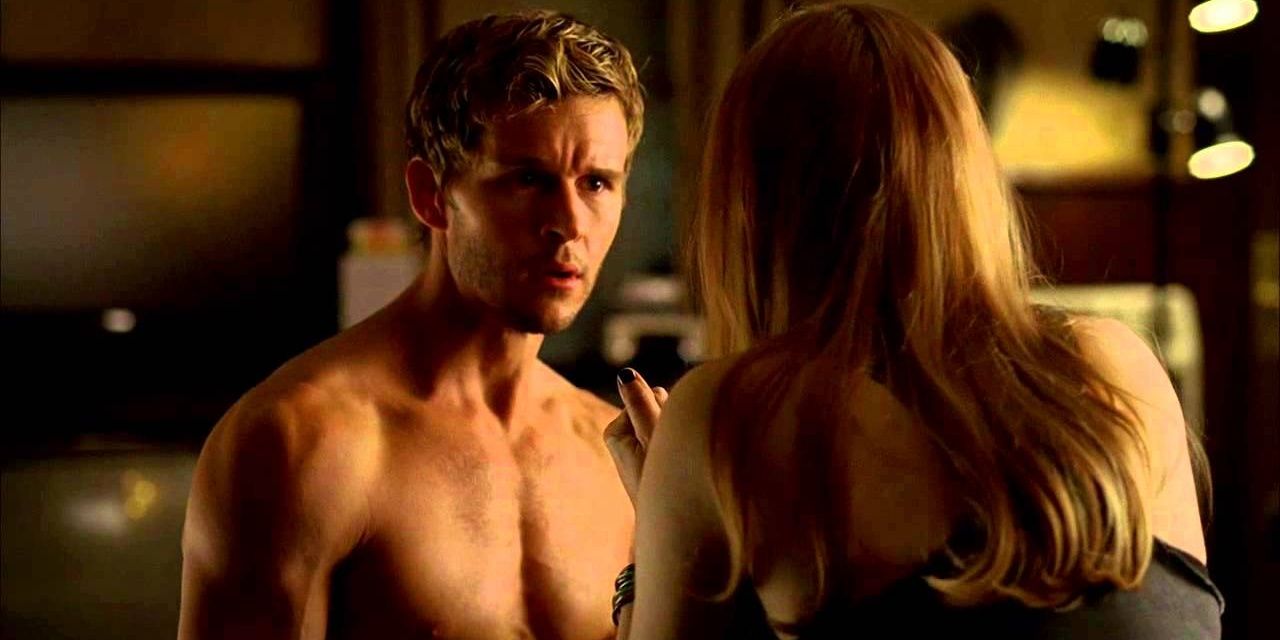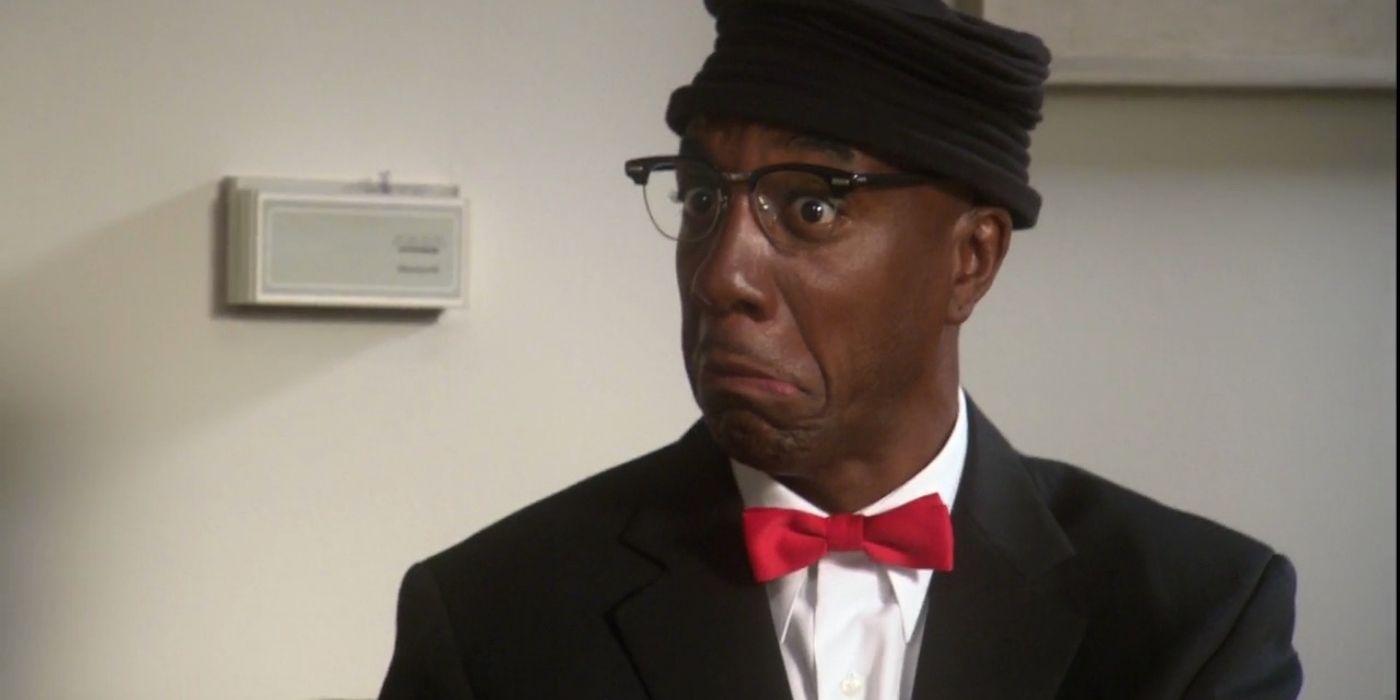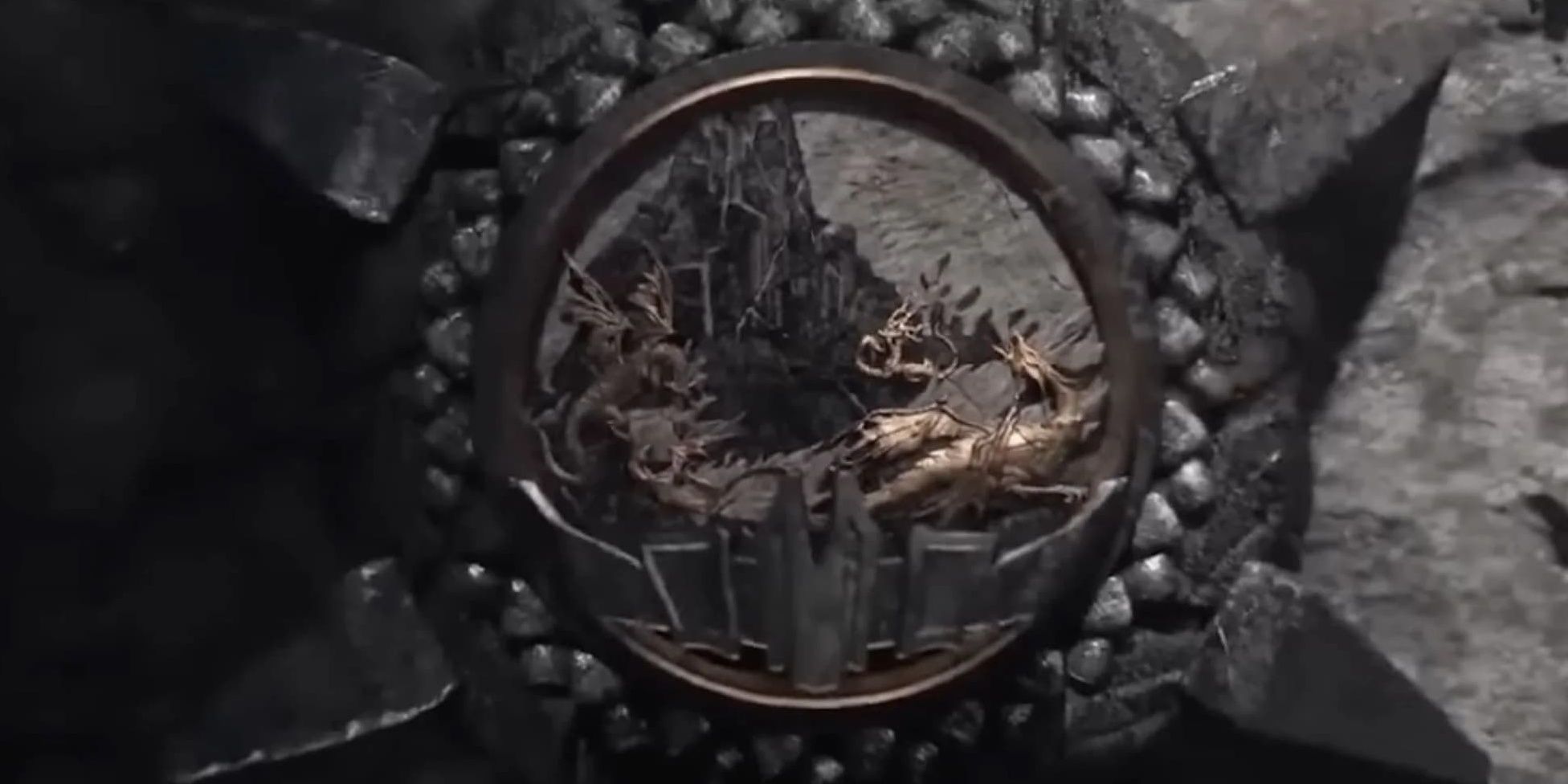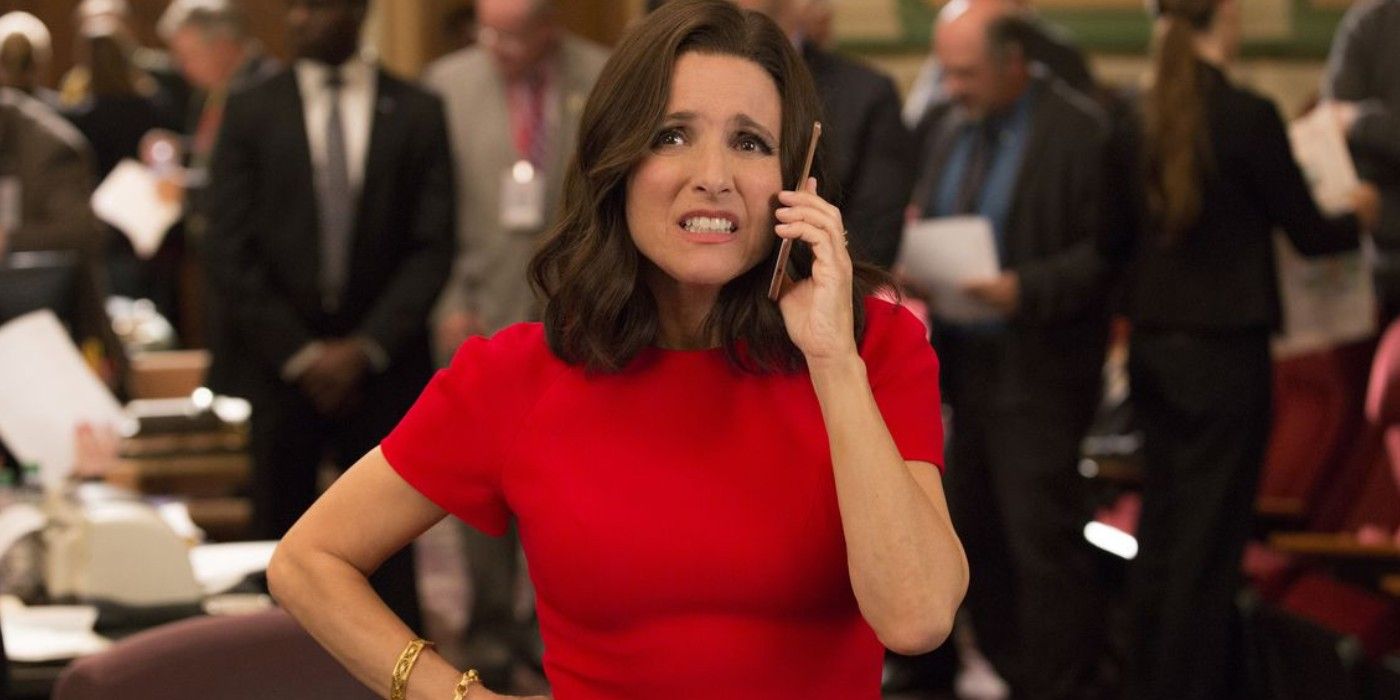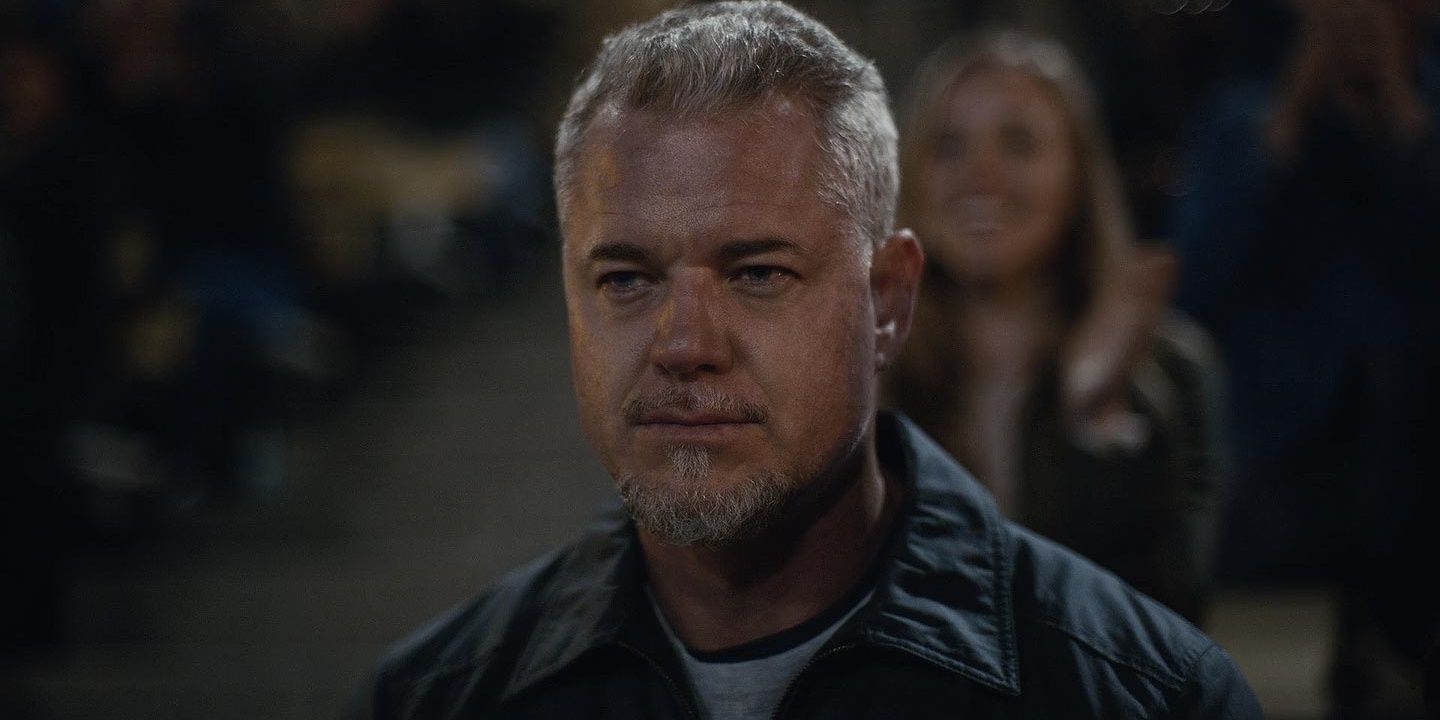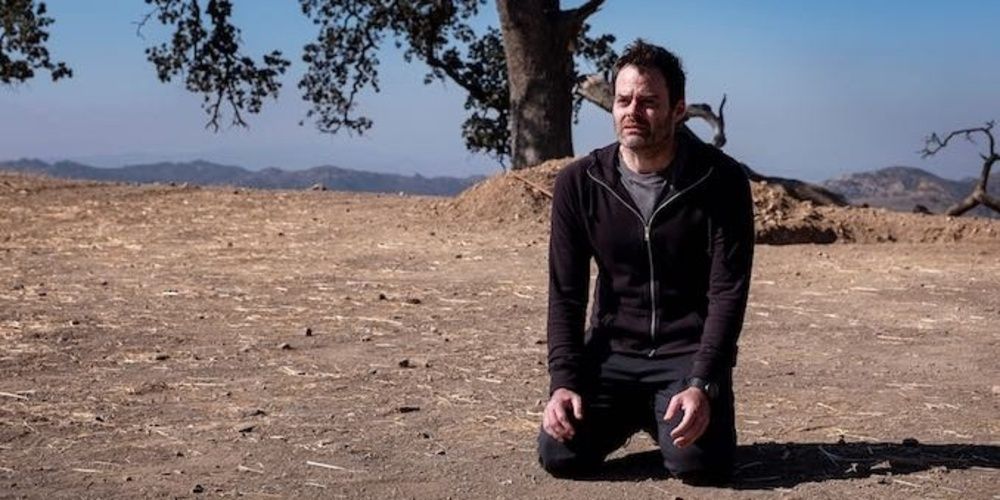The Last of Us has joined the ranks as another one of HBO’s big successes. The network has experienced a big surge of success over the last decade, with most of its shows releasing to much hype. There’s a certain formula HBO uses in each series to make them what they are, which is interesting to analyze.
These tropes and techniques can be found in almost every show broadcast on HBO. It makes each one of them interchangeable to a degree since it means that a fan of Euphoria can predict what will happen in a show like The Sopranos, among other stories.
10 Young Characters Behave A Lot Older Than They Should
HBO is noted for featuring TV shows with dark content, which overlooks a certain amount of realism when it comes to teenagers. Shows like Euphoria invoke the trope of suspending disbelief over how easily youngsters are able to roam around wherever they want, openly hook up, and engage in activities only fit for adults.
HBO shows make young characters’ lives comparable to grown-ups in order for its adult viewership to not feel alienated. It’s also why the majority of the actors playing teenagers are actually in their twenties. Other series like The Sopranos feature adult-based activities for young characters with the explanation that their parents are simply neglectful.
9 At Least One Character's Life Is A Mess
Most viewers found The Last of Us to be heartbreaking as soon as it was released, as protagonist Joel’s life was destroyed. When it comes to HBO shows, it’s hardly possible for at least one character to not constantly get one trouble after another thrown at them.
In comedies like Curb Your Enthusiasm, Larry David has his wife leave him and is attacked by members of his community. In dramas such as The White Lotus, every character has severe issues that they suffer from. HBO shows prefer to have protagonists who just can’t catch a break.
8 The Main Protagonist In HBO Shows Gets A Stern Reality Check
HBO shows are told from the protagonist’s point of view, which hides their flaws from the audience. More often than not, it takes a stern reality check for the main character and viewers to understand where they are lacking. This generally comes at least once a season or by the show’s end.
In The Sopranos, Tony Soprano was forced to reflect on his life choices either by realizing how messed up his family was or when the losses he suffered could be traced back to his wrong choices. The moments of self-reflection are often too late, with characters left to rue over their mistakes.
7 HBO Drama Shows Have Surprise Deaths
HBO drama shows are so dark in nature that deaths are commonplace even if the show isn’t set in a violent world. Overall, though, dramas have quite a lot of bloodshed, with the likes of Games of Thrones, The Wire, and House of the Dragon liberally killing characters off.
The most common trope is for a surprise death to happen, which main characters aren’t exempted from either. Jon Snow met a violent death in a much-discussed moment, along with demises like Ashtray from Euphoria, Nate from Six Feet Under, and Bill from Big Love, among many others. These deaths are HBO's way of delivering twists in its shows.
6 There Is Frequent Nudity In HBO Drama Shows
Nudity is the most expected aspect of an HBO TV show, with comedy being a notable exception. Just about every episode in drama series has characters in various states of undress. This ended up becoming the main thing that shows like Girls and True Blood became known for.
Dramas with epic backdrops such as Game of Thrones and House of the Dragon feature nudity to show how the characters use sex as manipulation and to complement the graphic nature of its content. Only pure comedies like Veep and Curb Your Enthusiasm avoid this trope since the nature of those shows don’t require nudity.
5 Cursing Is Used To Establish Characterization
With pretty much everything allowed onscreen, cursing is a natural part of the HBO experience. While just about every character swears, the ones who curse up a storm are those the show wants to be in focus. This trope is used to establish how the foul-mouthed characters stand out compared to the rest.
Curb Your Enthusiasm has Larry’s friend Leon and rival Susie throw out expletives for audiences to know these characters are meant to be kooky. Euphoria has main protagonist Rue go on a swearing frenzy whenever she’s under the influence so that viewers can tell she’s struggling with her mental health.
4 Distinct Intros Are Used To Sell HBO Shows' Thematic Qualities
HBO knows how to sell a series to audiences very well, so much so that even people who don’t watch their shows can recognize them. One of the distinct tropes in Game of Thrones is the medieval presentation it carries, which is easily communicated to audiences through its intro.
Similarly, comedies like Veep have over-the-top themes to make clear that it’s not something to take seriously. Euphoria tends to have dynamic title screens as a way of letting viewers see how Rue perceives the world through her addiction. Dark comedies like Barry keep it simple with a title card because of its dry nature.
3 Main Protagonists Are Never Fully Likable
Unlike most networks, HBO doesn’t make efforts in making its main protagonists come across as likable. This doesn’t do much to turn off audiences, though, as the likes of gangster Tony Soprano, narcissist Larry David, evil politician Selena Meyer, and hitman Barry, among many others, are all immensely popular.
The unlikable protagonist trope is a stable of HBO’s that the network has perfected over the years. It’s the reason why HBO shows rarely end with a happy ending since the characters generally get what’s coming to them. The flawed nature of the protagonists enables them to get away with more than the general hero normally would.
2 Parents & Authority Figures Are Disappointing
Viewers know not to expect anything from parental figures in HBO shows, as most of the issues plaguing main characters can come down to poor parenting. Protagonists who are parents also end up failing their children, with their lack of support messing up their families.
This is most prevalent in dramas like Euphoria, where certain parents are essentially villains. The Sopranos has Tony put his own needs before his family and suffer for it. Game of Thrones kills off the good parents while the evil ones serve as barriers for the protagonists to overcome.
1 HBO Finales Leave Hooks For The Next Season To Resolve
It can be frustrating to be an HBO fan since the network takes years to deliver new episodes. To retain an interest in the long run, shows tend to have hooks in season finales that leave viewers speculating over what’s to come.
This has been in shows like Barry, where the titular character was teased as being arrested without clarification. Meanwhile, Succession’s season ended with the family members vying for control learning they’re not in contention anymore. HBO tends to end seasons with big-time ramifications so that fans will inevitably return years later to see how things unfold.

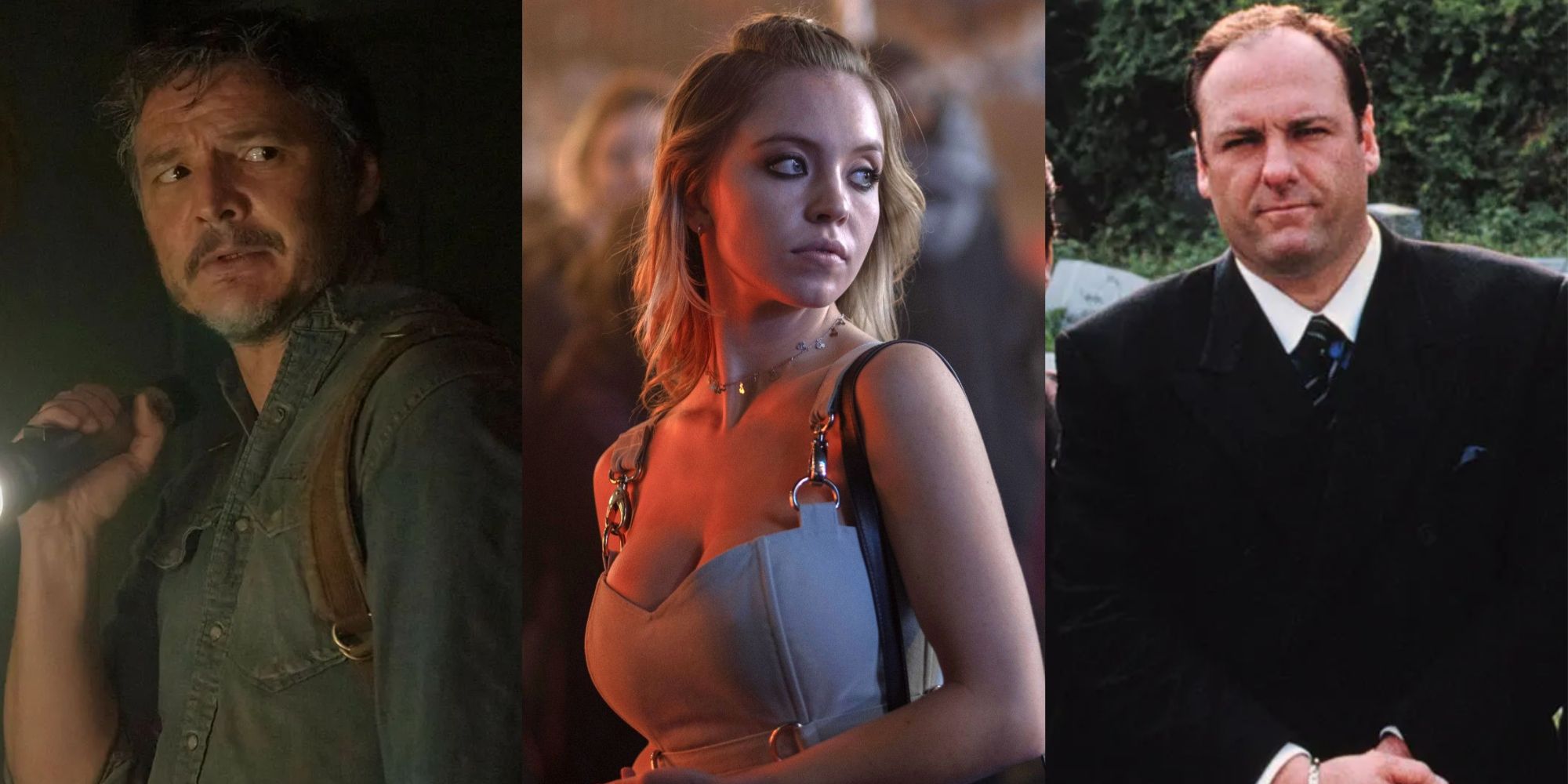
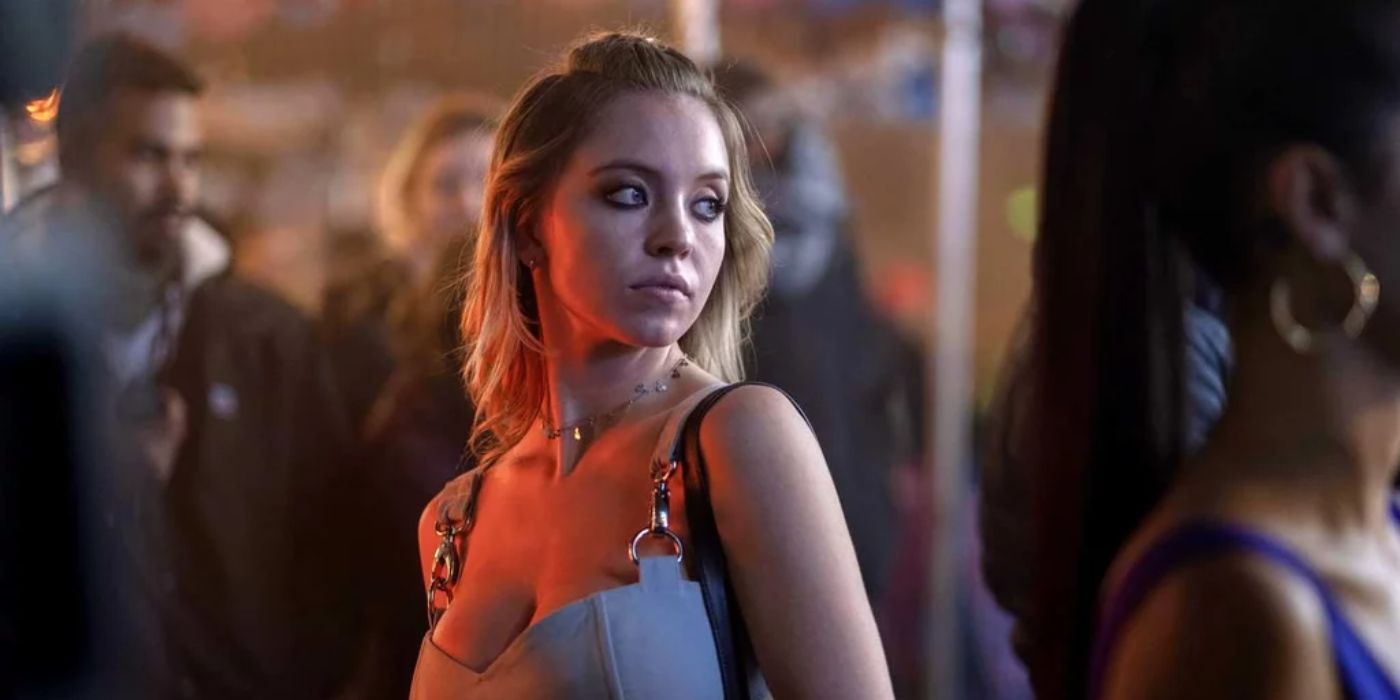
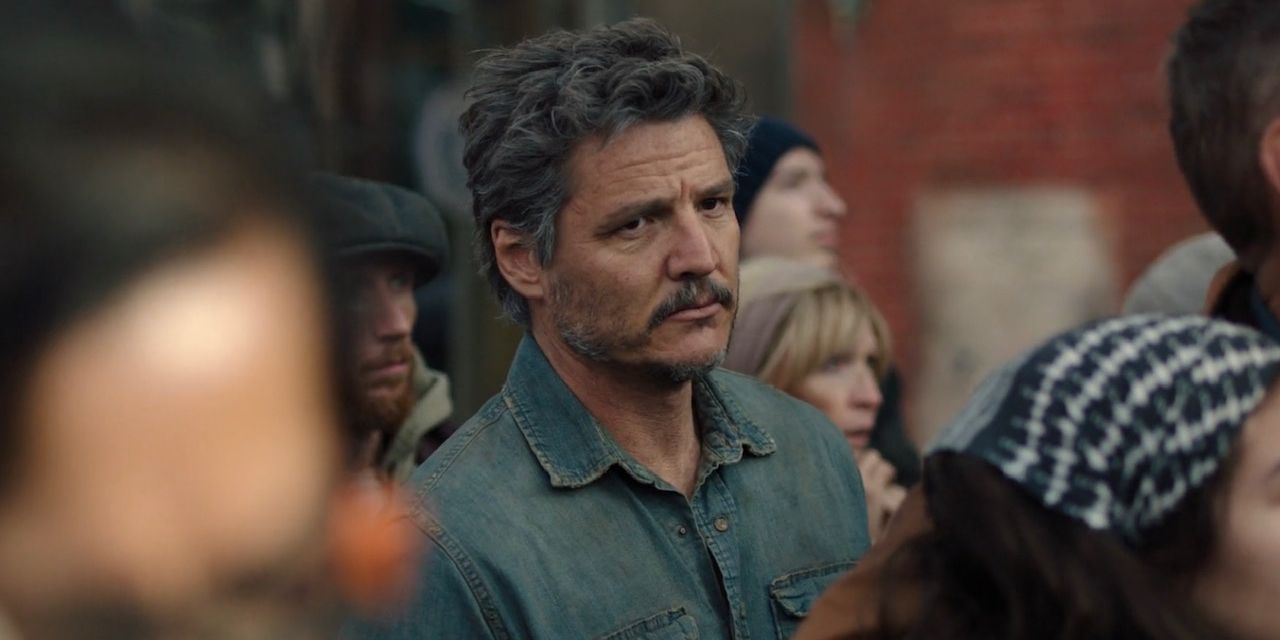
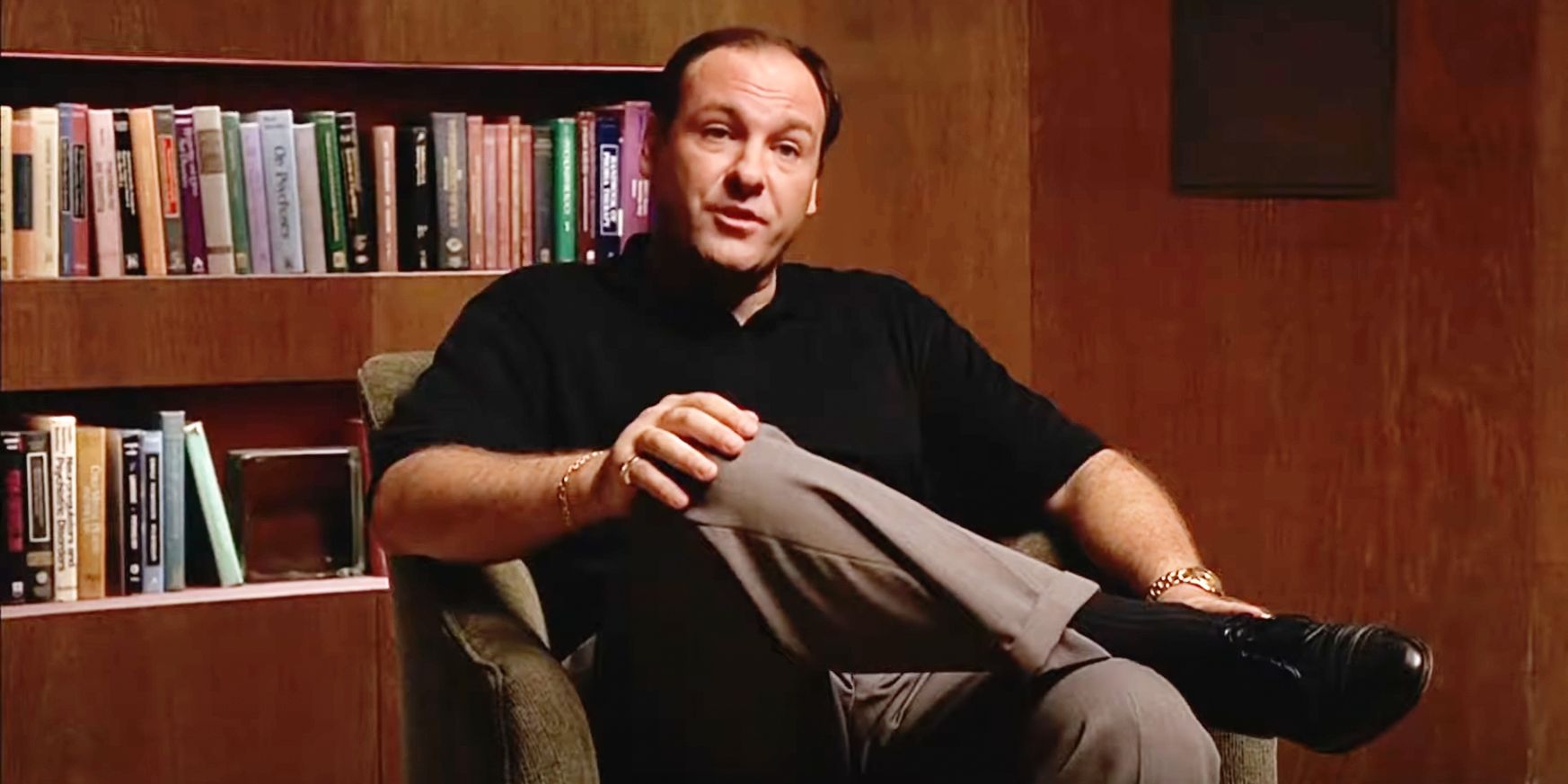
.jpg)
